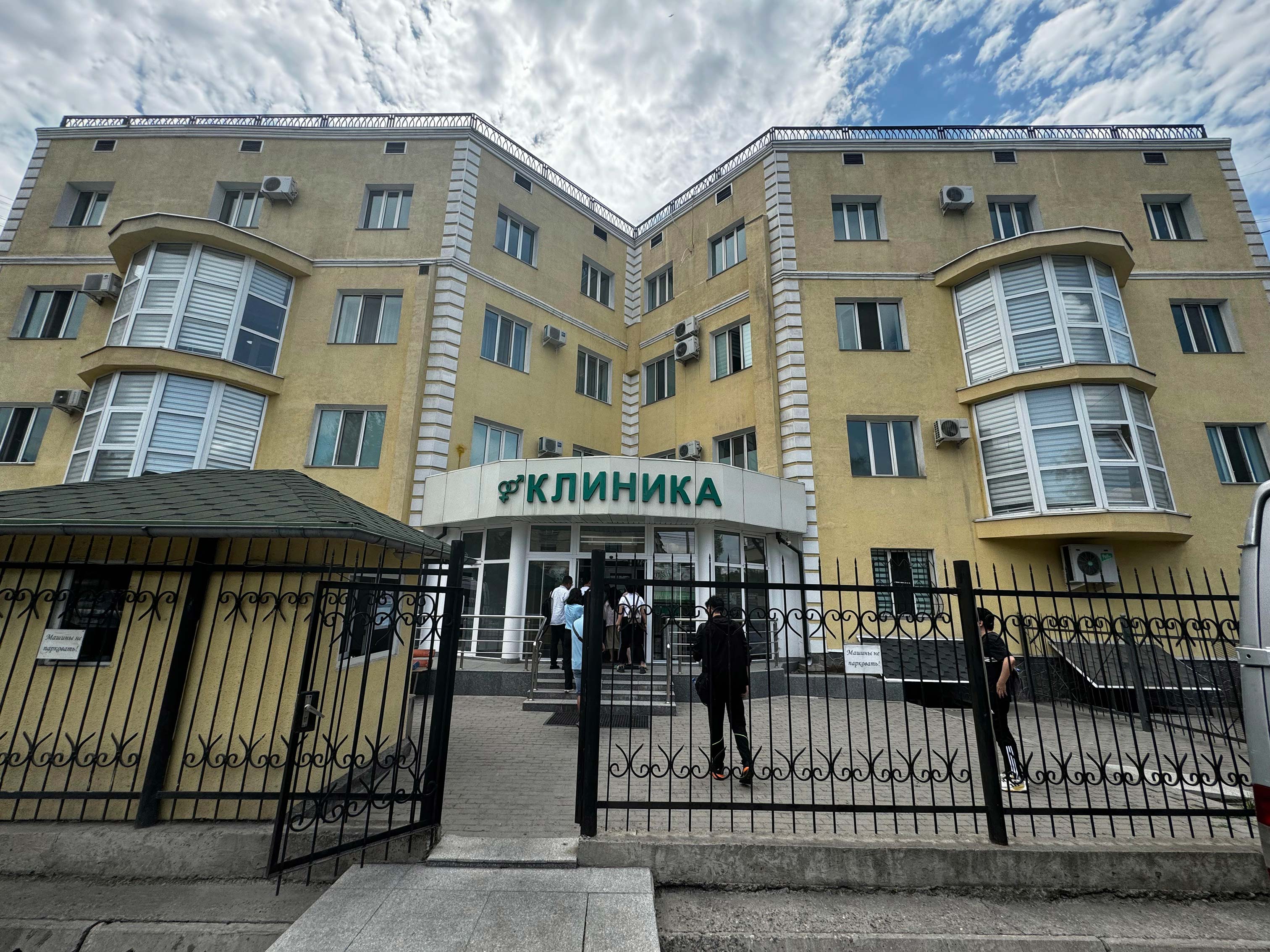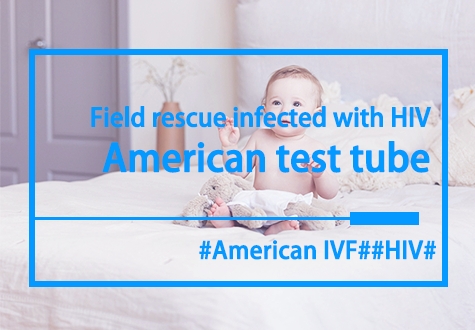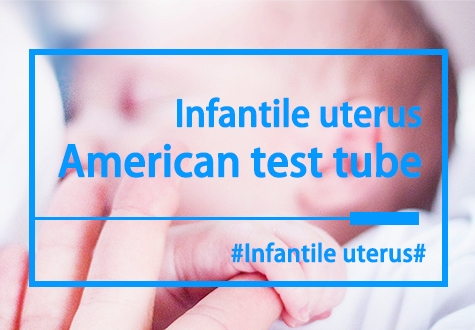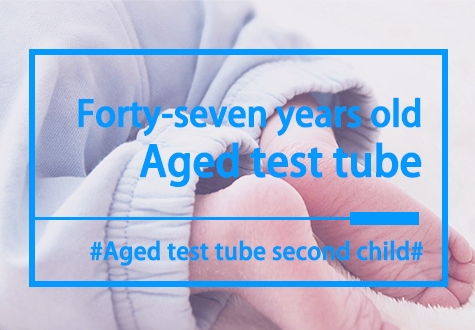How to deal with low progesterone after tube transplantation?
In women, the main role of progesterone is to maintain pregnancy. After tube transfer, the embryo needs to be implanted in the endometrium, and progesterone plays a crucial role in this process. It can help the lining of the uterus remain stable and provide a good environment for the embryo to grow. At the same time, progesterone also inhibits uterine contractions, reducing the risk of miscarriage. Some women may experience low levels of progesterone, which often makes them feel worried and upset. So, what about low progesterone after tube transplantation?

There can be many reasons for low progesterone after tube transplantation, here are some common ones:
1, luteum dysfunction: the corpus luteum is a structure formed after ovulation of the ovary, responsible for the secretion of progesterone. If the corpus luteum is not fully functional, it will lead to insufficient progesterone secretion.
2, embryo quality problems: Poor embryo quality may affect its implantation and development, which indirectly leads to low progesterone levels.
3, endocrine disorders: endocrine disorders may lead to hormonal disorders, affecting the normal secretion of progesterone.
Treatment of low progesterone after tube transplantation
1, timely medical treatment: If you find that the level of progesterone after tube transplantation is low, you should seek medical treatment in time and seek the help of professional doctors. The doctor will make a personalized treatment plan according to the specific situation of the patient.
2, progesterone supplementation: The doctor may recommend oral or injectable progesterone medications to supplement progesterone. In the process of medication, patients should follow the doctor's advice, take the medicine on time and according to the amount, and pay attention to observe the body reaction.
3, pay attention to rest and diet: After tube transplantation, patients should maintain good work and rest habits to ensure adequate sleep and rest. At the same time, pay attention to diet conditioning, eat more nutritious foods, such as vegetables, fruits, meat, etc., to provide adequate nutritional support for the body.
4, keep a good mood: After test tube transplantation, patients often face greater psychological pressure. Therefore, keeping a good mood is also a great help in improving progesterone levels. Patients can listen to music, read books, walk and other ways to relax and reduce stress.
Methods to prevent low progesterone after tube transplantation
1. Check in advance: Before tube transplantation, patients should have a comprehensive physical examination to understand their physical condition and hormone levels. If there is any abnormality, it should be adjusted and treated in time.
2, choose high-quality embryos: high-quality embryos tend to be easier to implant and develop, thereby reducing the risk of low progesterone levels. Therefore, before tube transplantation, patients should choose high-quality embryos for transplantation.
3, pay attention to living habits: Maintaining good living habits is also a great help to prevent low progesterone after tube transplantation. Patients should stop smoking and drinking, avoid staying up late and other bad habits, and maintain a healthy lifestyle.
Low progesterone after tube transplantation is a common phenomenon, but there is no need to worry too much. As long as timely medical treatment, scientific response and maintain good living habits and mentality, you can effectively improve the level of progesterone and successfully through pregnancy.














